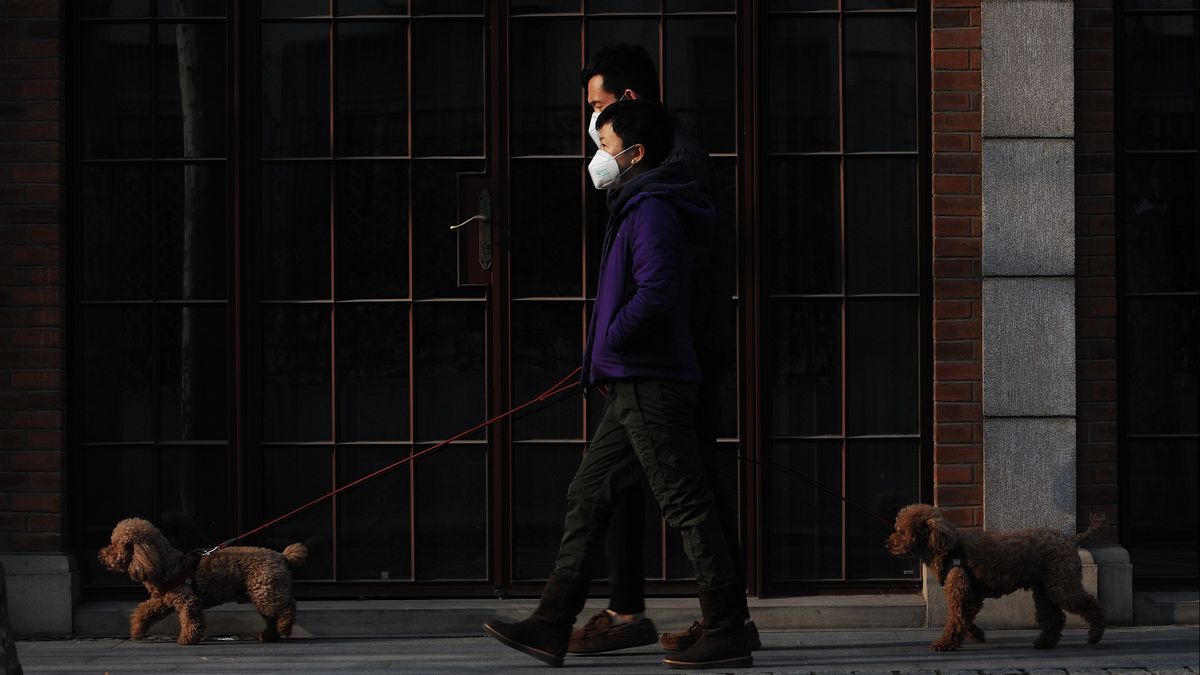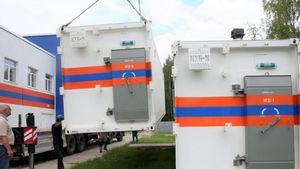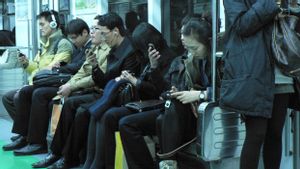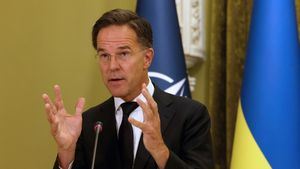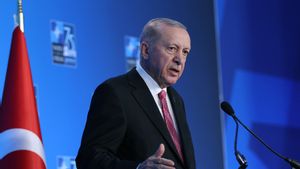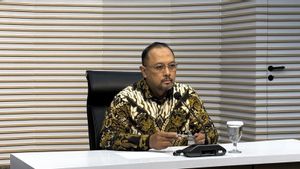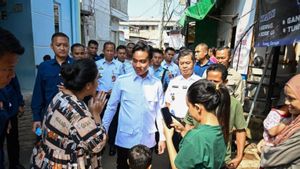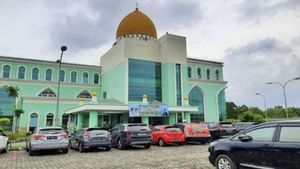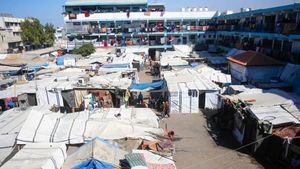JAKARTA - The government has officially implemented emergency PPKM in Java and Bali from July 3 to July 20, 2021. There is one thing to be warned about, namely that panic buying should not happen again like the beginning of last year's PSBB.
Minister of Home Affairs Tito Karnavian explained that although the restrictions on emergency PPKM were stricter than micro PPKM, he guaranteed the availability of logistics in a safe condition.
"People don't need to panic. Even with the limitation of WFH (work from home) to 100 percent, for logistics readiness, food and beverage readiness, it's actually not a problem because everything goes 100 percent with the implementation of strict health protocols," Tito said. in a virtual press conference.
He explained that the critical and essential business sectors are still running 100 percent. This means that the industrial sector that provides basic needs will continue to run normally.
"Supermarkets, traditional markets, grocery stores, supermarkets that keep their daily needs running and have 50 percent capacity. So, people don't need to come in droves (shopping)," he said.
Added, Spokesperson for the COVID-19 Task Force, Wiku Adisasmito, asked the public to be wise in their activities during the emergency PPKM period.
This is because, he said, the changes to the restriction rules have accommodated input from various elements, including the ranks of ministries/agencies, academics, and professional units. Thus, the resulting treatment is expected to be conclusive.
“It is important to remember that the success of this program is largely determined by the synergy and collaboration between the government and elements of society. In the implementation of this Emergency PPKM, the implementation of meetings between Forkopimda will also be strengthened with layered implementation so that the implementation can be transparent to the community level," said Wiku.
The following are the complete rules for the Java-Bali emergency PPKM:
1. 100 percent work from home for non-essential sector offices2. All teaching and learning activities are carried out online3. Essential sector offices are subject to a maximum of 50 percent of work from office (WFO) employees with health protocols and for critical sectors a maximum of 100 percent of WFO employees are allowed with health protocols.
a. The coverage of essential sectors is finance and banking, capital markets, payment systems, information and communication technology, non-COVID-19 quarantine handling hotels, and export-oriented industries. b. The coverage of critical sectors is energy, health, security, logistics and transportation, food, beverage and supporting industries, petrochemicals, cement, national vital objects, disaster management, national strategic projects, construction, basic utilities (such as electricity and water), and fulfillment industries. basic daily needs of the community. c. Supermarkets, traditional markets, grocery stores, and supermarkets selling daily necessities are limited to operating hours until 20:00 local time with a capacity of 50 percent of visitors. Pharmacies and drug stores can be fully open for 24 hours.
4. Shopping centers/malls/trade centers are closed.5. The implementation of eating/drinking activities in public places (restaurants, restaurants, cafes, street vendors, hawker stalls), both those located in separate locations and those located in shopping centers/malls only accept delivery/take away and do not accept food on the spot. (dining in). 6. The implementation of construction activities (construction sites and project sites) operates 100 percent by implementing stricter health protocols7. Places of worship (mosques, prayer rooms, churches, temples, temples and pagodas, as well as other public places that function as places of worship) are temporarily closed. Public facilities (public areas, public parks, public tourist attractions and other public areas) are temporarily closed.9. Art/cultural activities, sports and social activities (locations of arts, culture, sports facilities, and social activities that can cause crowds and crowds) are temporarily closed. Public transportation (public vehicles, mass transportation, taxis (conventional and online) and rental/rental vehicles) is enforced with a maximum capacity setting of 70 percent by implementing stricter health protocols.11. The wedding reception was attended by a maximum of 30 people by implementing stricter health protocols and not eating at the reception. Provision of food is only allowed in a closed place and to take home. Domestic travelers using long-distance transportation modes (airplanes, buses, and trains) must show a vaccine card (at least dose I vaccine) and H-2 PCR for planes and antigen (H-1) for other long-distance transportation modes.13 . Masks are still worn when carrying out activities outside the home. The use of a face shield without the use of a mask is not permitted. The implementation of micro PPKM in red zone RT/RW is still in effect.

The English, Chinese, Japanese, Arabic, and French versions are automatically generated by the AI. So there may still be inaccuracies in translating, please always see Indonesian as our main language. (system supported by DigitalSiber.id)
